EIF Annual Report underlines resilience of least-developed countries amid global polycrisis
The 2022 Annual Report of the Enhanced Integrated Framework (EIF) highlights how the EIF partnership has helped least-developed countries (LDCs) better integrate into the global trading system at a time of multiple global crises. With EIF support, trade priorities have been incorporated in five national development plans in Africa and Asia, the Report notes, while e-commerce initiatives and environmental sustainability projects have enhanced LDCs'capacity to trade.
In the Report's foreword, WTO Director-General Ngozi Okonjo-Iweala says: “For nearly 15 years, the EIF has been a trusted mechanism supporting LDCs in building capacities and engaging more effectively in the global trading system. Guided by its vision of “inclusive trade for better lives,” the EIF has empowered LDCs to use trade to drive socioeconomic inclusion and tangible improvements in people's lives and livelihoods.”
The Report underscores the catalytic role played by the EIF partnership in supporting LDCs and enhancing their trading capacity. In Togo, the EIF has contributed to a tenfold increase in soya production over the past seven years, generating an estimated 120,000 jobs in 2022. In Vanuatu, the EIF supported customs modernization efforts, leading to a 400 per cent increase in customs revenue between 2016 and 2022.
“For the first time, we have included in our Annual Report an overview of the EIF's contribution towards food security,” the EIF's Executive Director, Ratnakar Adhikari, said, “while also continuing to highlight support for women’s economic empowerment, bridging the digital divide and moving toward a greener world.”
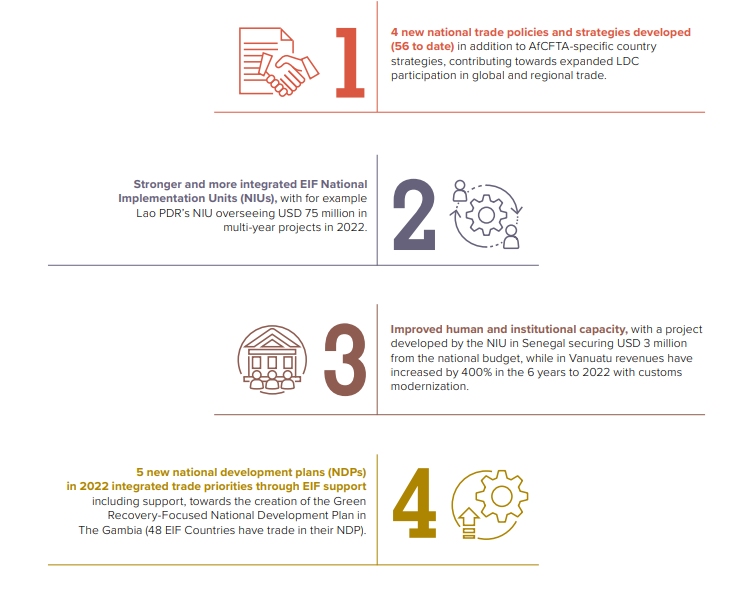
A total of 25 e-commerce initiatives have helped increase LDCs' participation in digital trade. In Nepal, the EIF assisted policy makers in drafting new e-commerce legislation and integrating over 380 micro, small, and medium-sized enterprises into a new e-commerce platform. A digital platform in Bhutan has helped facilitate more than USD 360 million of investment in the two years since its launch in late 2020.
Environmental sustainability remained a key focus for the EIF in 2022, with 19 initiatives implemented to promote a greener world. Support was provided to Haiti, for example, to develop a more sustainable fisheries sector. The Report showcases over 100 projects across 44 countries where the EIF partnership has been instrumental in enhancing trade capacities in key areas such as environmental sustainability and digital connectivity.
The full report can be found here.
A short animation providing an overview of the Annual Report can be found here.
The EIF is the only multilateral partnership dedicated exclusively to helping LDCs use trade as an engine for growth, sustainable development and poverty reduction. It is a unique global partnership between LDCs, donors and partner agencies — including the WTO — which work together to build trade capacities in LDCs.
Further information about the EIF is available here.







































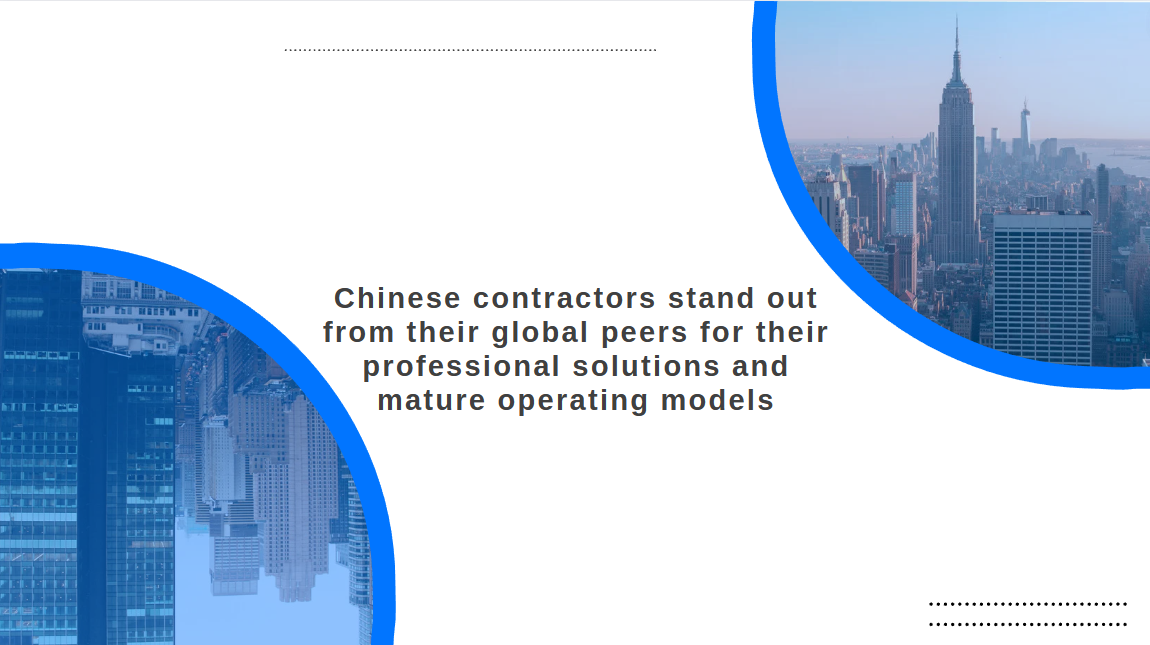
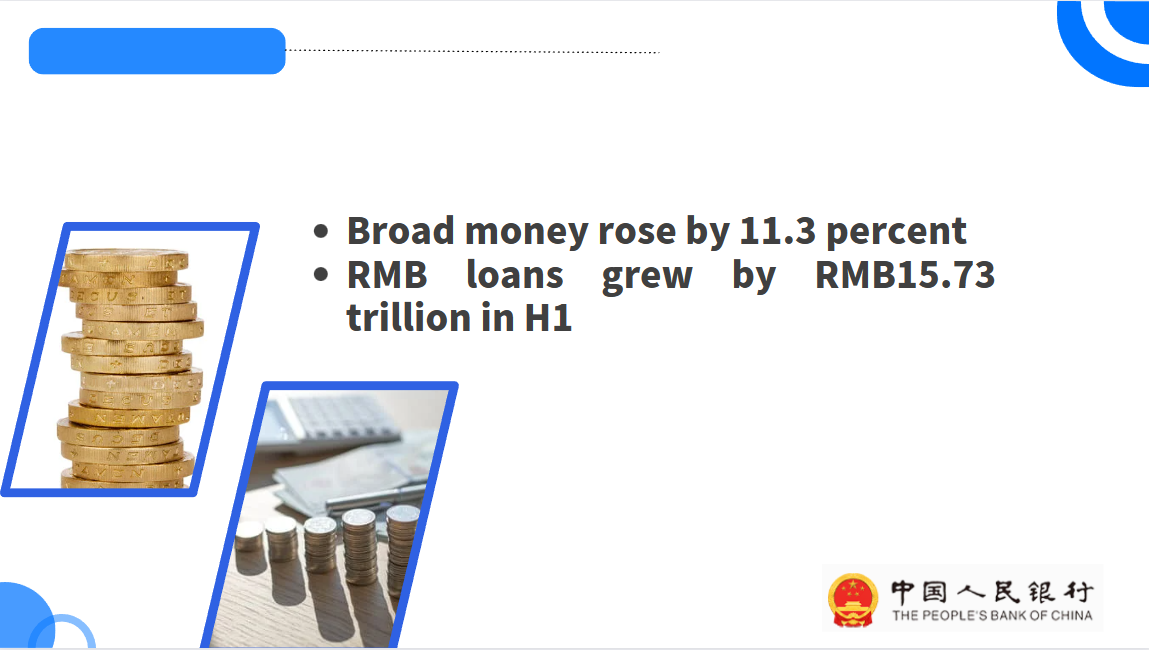
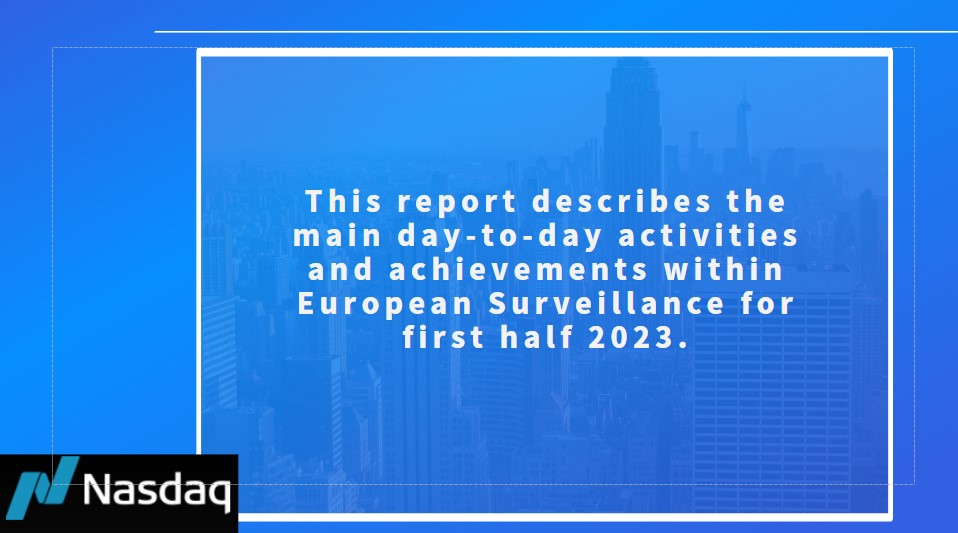
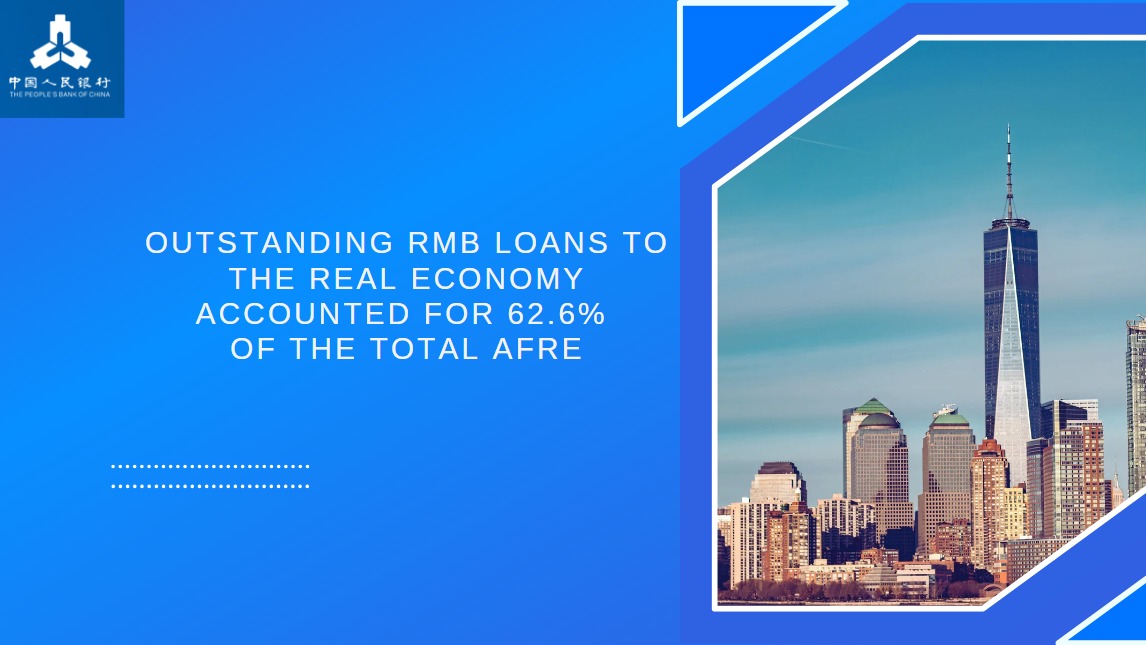










First, please LoginComment After ~